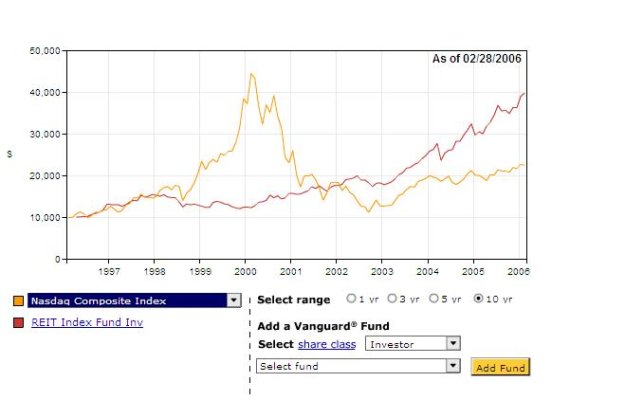When I realized that my mother is taking 6% of her port to live on (plus Social Security), I had a moment of panic. Then I remembered that she's 80 years old! On the other hand, both of her parents lived to 93, and Mom's in excellent health so I expect she'll be around another 20 years--hmm, without LTC insurance. On the 4th hand, her port is 65% individual bonds, 25% small postions in ~40 individual stocks (mostly dividend-payers but some growth), and 10% CDs. She trusts her broker, who doesn't churn her account and doesn't appear to be ripping her off. And on the 5th hand, she spends a relatively high percentage on discretionary--should be easy to cut back, if necessary.

